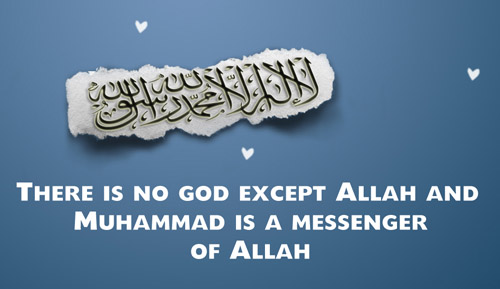
According to Islam, Allah created man for a noble purpose: to worship Him and lead a virtuous life based on His teachings and guidance. How would man know his role and the purpose of his existence unless he received clear and practical instructions of what Allah wants him to do? Here comes the need for prophethood. Thus, Allah has chosen from every nation at least one Prophet to convey His Message to people. is reported to have committed incestuous fornication while drunk. Prophet Dawood (David)
is reported to have committed incestuous fornication while drunk. Prophet Dawood (David)  is alleged to have sent one of his leaders to his death in order to marry his wife. Prophets, to Muslims, are greater than what these stories indicate. These stories cannot be true from the Islamic point of view.
is alleged to have sent one of his leaders to his death in order to marry his wife. Prophets, to Muslims, are greater than what these stories indicate. These stories cannot be true from the Islamic point of view. he was chosen to give his Message to all mankind. Every Prophet came to relay the same message to their people, which was to worship Allah alone, associating no partners with Him.
he was chosen to give his Message to all mankind. Every Prophet came to relay the same message to their people, which was to worship Allah alone, associating no partners with Him. .
. .
. .
. .
. .
. .
. .
. .
. .
. .
. .
. .
. .
. .
. .
. .
. .
. .
. .
. .
. .
. .
. .
.
25- Muhammad  .
.

